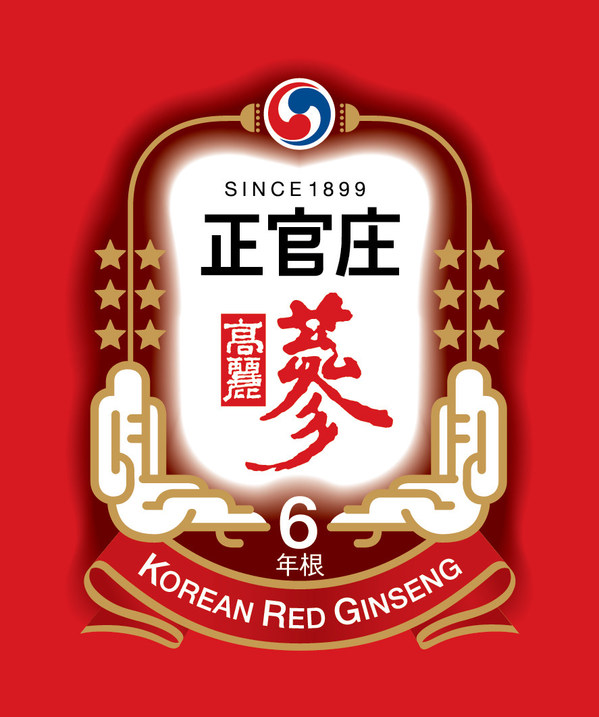 |
SEOUL, South Korea, March 4, 2022 /PRNewswire/ -- KGC (Korea Ginseng Corp.), famous as Korea's representative red ginseng company, recently selects Rozy, a virtual influencer, as an exclusive model for its products for the first time in the industry. It is chosen that Rozy's lively and youthful image is in line with the brand concept of its product.
Recently, red ginseng has become very popular among Korean women. As women's social status increased, economic activity became more active, and interest in health and self-management increased, women began to take care of their own health by focusing on value consumption and maintaining self-management. In addition, women in their 40s and 50s who have reached middle age have started to worry about their own health for the age of 100, and have emerged as a major customer in the health functional food market.
In addition, after the corona crisis, 'self-medication', which manages one's own health through steady exercise and intake of health functional foods, became very popular among the 'MZ generation', which is commonly referred to as Koreans in their 20s and 30s. At the same time, red ginseng among young women is growing in popularity.
In line with this, various women's red ginseng products are being launched in the Korean market. In addition to red ginseng products for each age group that combine traditional and customized materials suitable for their age, inner beauty products that can manage the functions of red ginseng and skin moisturizing and body fat reduction at once are being launched. These products are receiving a great response from young female consumers.
KGC (Korea Ginseng Corp.) said that they chose Rozy as a model for red ginseng products aimed at young people, especially targeting the MZ generation seeking a unique experience. They also emphasize that they will communicate with a wider customer base together with Rozy.
In January 2022, the Ministry of Food and Drug Safety, a government agency in Korea, published the 'Food and Drug Statistical Yearbook for 2021' containing food and drug-related statistics for 2020, the first year of the outbreak of COVID-19. The total output of related industries managed by the Ministry of Food and Drug Safety, such as food, pharmaceuticals, cosmetics, quasi-drugs, medical devices, and hygiene products, recorded KRW 139 trillion 9492 billion, an increase of about 7% compared to 2019.
As interest in health management has increased in the aftermath of the COVID-19, health functional foods have also received a lot of attention. Sales were 3 trillion 3254 billion won, an increase of 12.7% from the previous year. Red ginseng, which is known to be effective in enhancing immunity, took the top spot in sales in the sector. In 2020, the market share of red ginseng was overwhelming at 31.9% (KRW 1.609 trillion).
Red ginseng is a representative health functional food that has been loved in Korea for a long time. Red ginseng is ginseng harvested from the ground, steamed and dried. In Korea, most of ginseng is consumed in the form of red ginseng. Through the process in which ginseng is made from red ginseng, its efficacy is enriched and it is upgraded to be able to be stored for a long time.
Red ginseng produces various effects by harmonizing the saponins, red ginseng polysaccharides, amino sugars, and minerals produced in the process of steaming and drying 6-year-old ginseng. In addition, it was officially recognized by the Ministry of Food and Drug Safety of Korea for its five major functionalities, including improvement of blood circulation, improvement of memory, and antioxidant action.(https://www.healthline.com/health/erectile-dysfunction/korean-red-ginseng)
In Korea, red ginseng has various products such as liquid form, capsule form, powder form, and round root, and is also sold as a favorite food such as candy, jelly, and tea. Office workers, students, and athletes take red ginseng to recover from fatigue, and children and the elderly seek red ginseng to boost their immunity. In particular, the number of consumers looking for red ginseng in Korea has increased significantly after the novel coronavirus infection that was prevalent around the world.